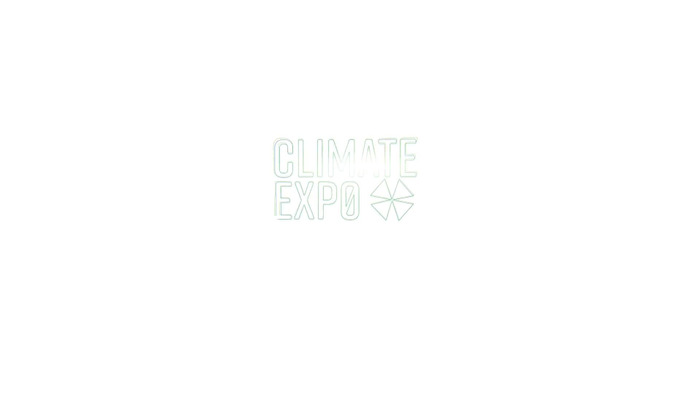Abstract
How we think about sustainability will be the defining act of this generation. The Brundtland definition has enjoyed preeminent status for decades, but failure to address the challenges of the climate emergency questions its value and application. What sustainability is, and how it can be achieved, might be the single most important question for society and organisations confronted with existential crisis. Recovering from Covid, it is more important than ever that we learn from past mistakes. This work aims to capture state-of-the-art thinking on organisational change towards sustainability and wellbeing. We identify specific clusters within the literature and we find significant variance in approaches to sustainability. There remain key themes in terms of actions: circular business models, workforce empowerment and diverse stakeholder engagement. We add preliminary results from industry field work on critical incidents around wellbeing and what can be learned in the effort to embed sustainability into economic activity.
Video

Supplementary materials
Title
Pathways and tensions in zero carbon transition: A review Poster
Description
Poster file
Actions



